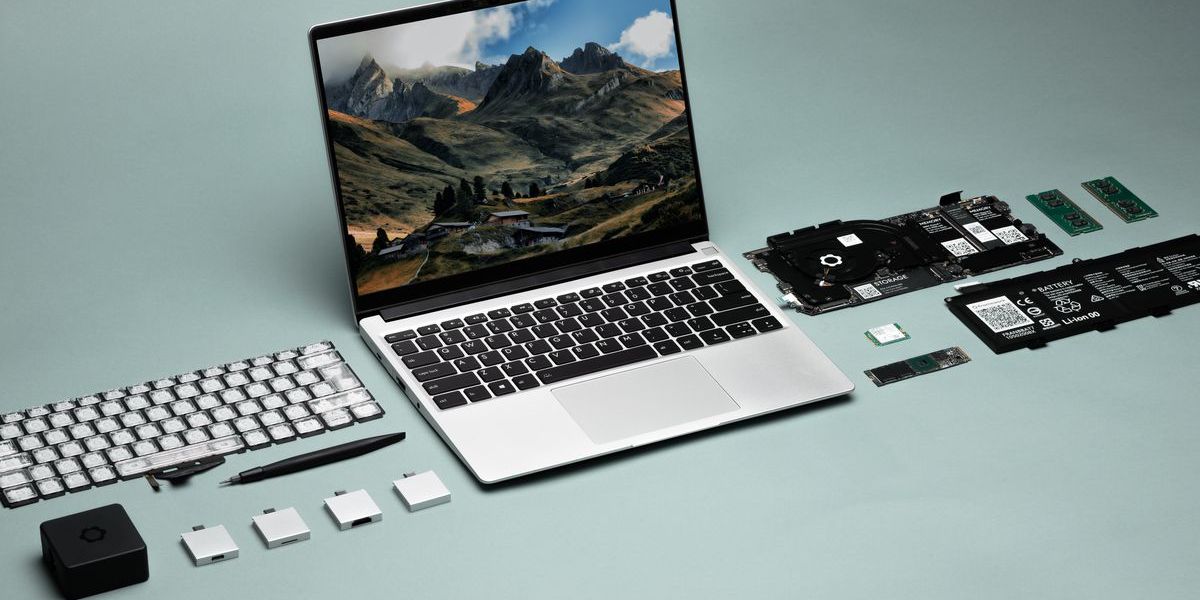Recently, many of the laptops I get in for repairs have been difficult to upgrade and service. The reason for this, at least from the reports from manufacturers, is that to make technology smaller, sacrifices need to be made in the device’s repairability. From my technology research and recommendation experience, I have found that design decisions boil down to cost savings to increase profits. In some cases, it’s cheaper for the manufacturer to design hardware that integrates many of its components, I.E does not have external components that can be changed out. Additionally, from a support perspective, it’s more cost-effective to limit repair resources for the life of the product. The device also gains performance and reliability benefits (during the life of the product) if components are integrated. But if one component fails on an integrated platform, the whole device needs to be replaced. This puts a larger cost burden on the customer, having to replace their entire device, which manufacturers knowingly make a profit from and it has an impact on our planet with more waste.

Framework designs laptops that are easy to repair, upgrade and maintain. It is also the first laptop that has swapable ports. The USB or Video ports can be moved around or replaced by other modules.
I recommend these laptops for anyone concerned about our ecological footprint, or for any user that wants a slim and light laptop and doesn’t want to completely replace their device when it fails. For instance. Apple’s new Macbooks, 2018 and forward, integrate the storage unit directly into the device. If your laptop hardware fails in a way that prevents you from booting it, you have to completely replace it with a new model, and, most importantly, if you don’t have a recent backup, it’s really difficult to recover and restore that data from the device. I don’t believe that every component (memory, storage, etc.) needs to be integrated into the device to create better portability options. The Framework laptop has demonstrated that.
Framework laptops are PC compatible so you cannot run a MacOS on this laptop without a lot of work. But if you are thinking about switching away from Apple’s ecosystem, and you have the concerns above, then it might be a good choice for you.
I have been also reluctant to recommend Microsoft Windows recently due to the direction Microsoft is taking the Windows Operating system. You can read more about that in my article, “My transition from Windows to Linux in an anti-customer age”. For many, there is not much that can be done at this point. If you are looking for an alternative, Linux can work for some, but most people will need an ongoing support contract.
Entry models start at around $1000. You can find laptops of the same specifications at less cost, but with Dell, HP, Lenovo, Apple, and others, you are buying into a market that is over-saturated with eco-unfriendly choices. When businesses become unable to make significant changes to how they think about the future, it’s time to reconsider investing in this current market. The Framework business model represents a paradigm shift in designing technology for the future. If you are concerned for the planet, consider if this offering is the right choice for you. If you don’t know or are sitting on the fence about purchasing your next laptop, reach out to me and I can answer any questions that you have. My goal is to get you the right device that fits your needs, and I will always put your needs first.
Framework laptop has a 10 out of 10 score from IFIXIT for repairability. Ifixit is an industry leader in providing repair information to technicians like me.
